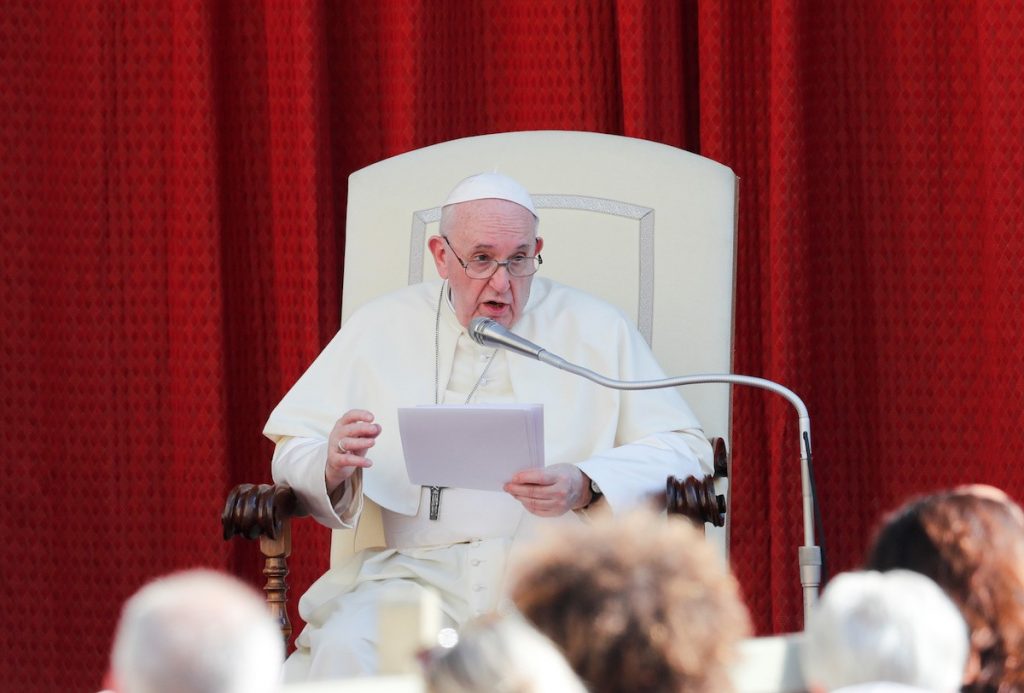
Pope Francis urged young people on Saturday, October 2, to exert efforts to promote a more “just economy.”
In his message to the second meeting of the “Economy of Francesco” held in Assisi, the pontiff thanked the youth for their “enthusiasm” in carrying out “the mission to give a new soul to the economy.”
He stressed the need to change the present economic paradigm as the world struggles with the pandemic, which the pope noted has dramatically “amplified the deep inequalities” caused by the present “profit-centered economy.
The “Economy of Francesco” is a worldwide movement initiated by Pope Francis in 2019 and aims to involve young business people and scholars in promoting change for a more human and sustainable economy in the spirit of St. Francis.
““Over the past two years we have been confronted with all our failures in caring for our common home and family,” said the pope in his message.
“We often forget the importance of human cooperation and global solidarity; we also often forget the existence of a responsible reciprocal relationship between us and nature,” he added.
Pope Francis pointed out that people are “stewards” of the goods of the Earth that have been entrusted to humanity by God not to be “masters.”
“The pandemic has reminded us of this profound bond of reciprocity; it reminds us that we have been called to care for the goods that creation gives to all; it reminds us of our duty to work and distribute these goods so that no one is excluded,” said the pontiff.
“Finally, it also reminds us that, immersed in a common sea,” he said.
The pope urged the gathering of young people “to seek new ways to regenerate the economy in the post-COVID-19 age, so that it may be more just, sustainable and solidarity-based.”
He also stressed the need for an “inclusive, sustainable and supportive” economy that includes the “regeneration” of all present social systems.
The pope said that “by instilling the values of fraternity, solidarity, and care for our Earth and common assets in all our structures we might address the greatest challenges of our time, from hunger and malnutrition to the equitable distribution of vaccines against COVID-19.”
Source: Licas Philippines
0 Comments